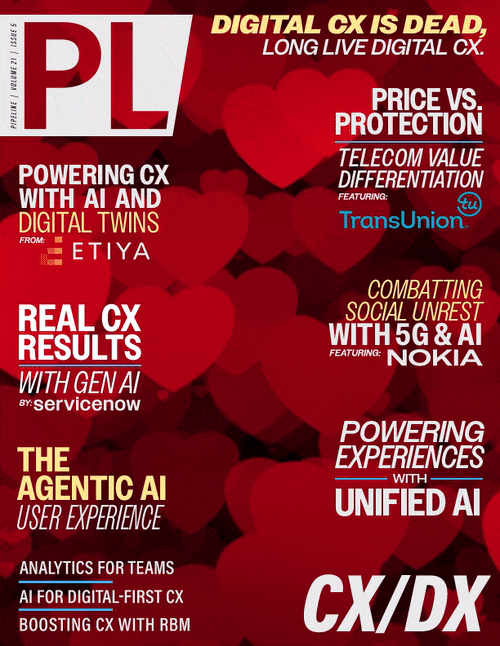Verizon First Carrier To Complete 5G Radio Specifications, Guidelines For Future Standards Verizon is first U.S. carrier to complete 5G radio specifications: pre-commercial trials continue full steam aheadVerizon has announced that its 5G Technology Forum has completed the industry's first 5G radio specifications as part of its initiative to help define parameters for future standardsVerizon announced completion of its 5G radio specification - the first U.S. carrier to do so. The specification is the product of collaboration within Verizon's 5G Technology Forum, a group that is working to define parameters for 5G specifications in advance of future standards. With 5G, end users will enjoy wireless service that delivers several gigabits per second throughputs and single-millisecond latencies. The specification provides guidelines to test and validate crucial 5G technical components. The development of the specification allows industry partners such as chipset vendors, network vendors, and mobile operators to develop interoperable solutions and contribute to pre-standard testing and fabrication. "The completion of the 5G radio specification is a key milestone toward the development of a complete 5G specification," said Adam Koeppe, Vice President Network Technology Planning, who is leading the 5G trial efforts. "The level of collaboration that we are seeing exceeds what we saw during 4G. This agile way of developing the specification and working with the ecosystem will enable us to get to market rapidly." 5G pre-commercial trials Verizon has entered pre-commercial 5G testing, which is currently underway in multiple locations in New Jersey, Massachusetts, and Texas. Earlier this year, Verizon announced progress on field tests, examining the characteristics of 5G technology in real-world environments. Verizon is driving the 5G ecosystem with members of their 5G Technology Forum including: Cisco, Ericsson, Intel, LG, Nokia, Samsung, and Qualcomm Technologies, Inc., a subsidiary of Qualcomm Incorporated. Verizon's goal in pre-commercial trials is to accelerate the pace of innovation and to accelerate when the industry can deliver benefits of fiber functionality wirelessly to customers. During the testing process, Verizon has validated numerous 5G technology enablers, such as wide bandwidth operation of several hundred MHz in size, multiple antenna array processing, and carrier aggregation capabilities that are substantially different from 4G. Propagation and penetration testing across residential single and multi-dwelling units built in field locations has validated the feasibility of millimeter wave systems. Tests include throughput analysis with CPE (Customer Premises Equipment) at various locations inside the home to facilitate the study of line-of-sight and non-line-of-sight performance, and propagation modeling using barriers such as structures and foliage, all based on real-world fixed wireless applications. 5G operator collaboration Verizon continues to strengthen its international partnerships, fostering the development of a global 5G ecosystem. In addition to Verizon's contributions to the 5G Trial Specification Alliance, Verizon is also working with KT Corporation, the official sponsor of the 2018 PyeongChang Olympics, on a harmonized 5G specification. Verizon and KT Corporation recently signed a Memorandum of Understanding (MOU) to support their mutual interest in collaborating on future mobile and broadband technologies, including 5G wireless technology, SDN/NFV and GiGA technologies. Lowell McAdam, Verizon CEO and Dr. Chang-Gyu Hwang, KT Corporation CEO signed the document in a ceremony on June 24 at Verizon's Basking Ridge, NJ headquarters. Having reached several key milestones such as 5G radio specifications, entering full system, broader pre-commercial market trials, and Verizon's continued collaboration with carriers and vendors, Verizon continues to drive the 5G ecosystem toward rapid commercial deployment. Source: PR Newswire | |

















